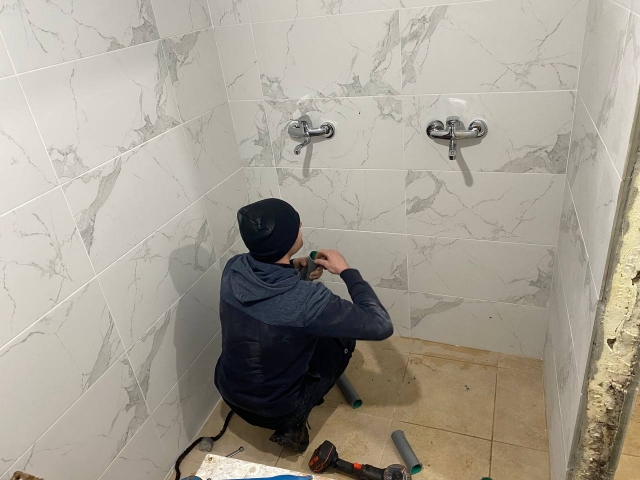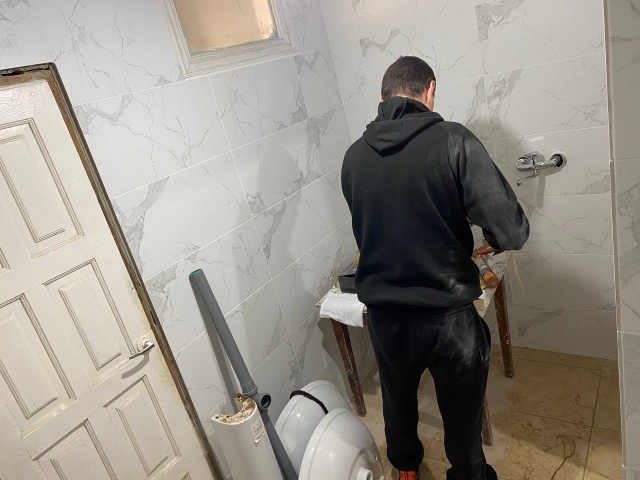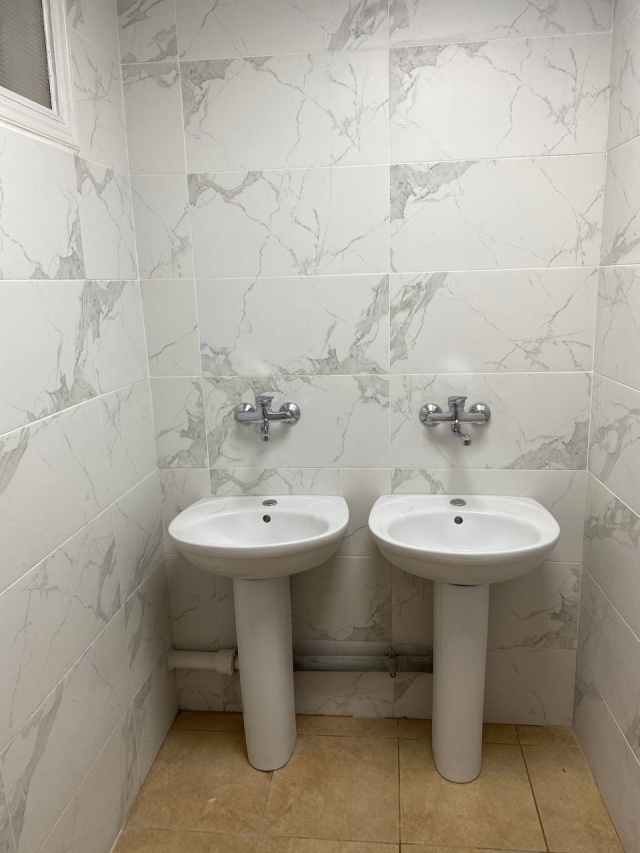Студмістечко: капітальний ремонт душової кімнати в гуртожитку № 9
За вказівкою ректора Станіслава Ніколаєнка, в гуртожитку № 9 проведено капітальний ремонт місця загального користування на поверсі, де поселені працівники alma-mater.
Слідуючи виконанням чітких завдань Михайла Павленка, ремонтно-будівельна бригада в найшвидші терміни виконала даний об’єкт. Майстри встановили сучасну керамічну плитку, сантехнічне обладнання, а також замінили двері. Для зручності, санітарна кімната облаштована душовою кабіною, умивальниками і туалетом. Якісне виконане місце загального користування є однією з першочергових потреб кожної людини, тож важливо аби воно було функціонуючим і в належному стані.




Сергій Стецюк, директор студентського містечка додає: «Проєкт ремонту місця загального користування базувався на забезпеченні високого рівня безпеки. Разом з енергетиками встановили систему вентиляції, а працівники відділу головного механіка здійснювали перевірку і заміну належності всіх сантехнічних комунікацій». Для того аби довершити кінцевий результат, Євгеній Снаровкін, начальник столярного цеху, виготовив дерев’яні вхідні двері, що додали естетичності.
Рестайлинг душової кабіни – це не лише робота над виглядом приміщень, але ще інвестиція у здоров’я університетської спільноти. Сподіваємось на бережливе відношення користувачів!




Працюємо далі.
Марта Колич, Мирослава Терлецька,
фахівчині студентського містечка